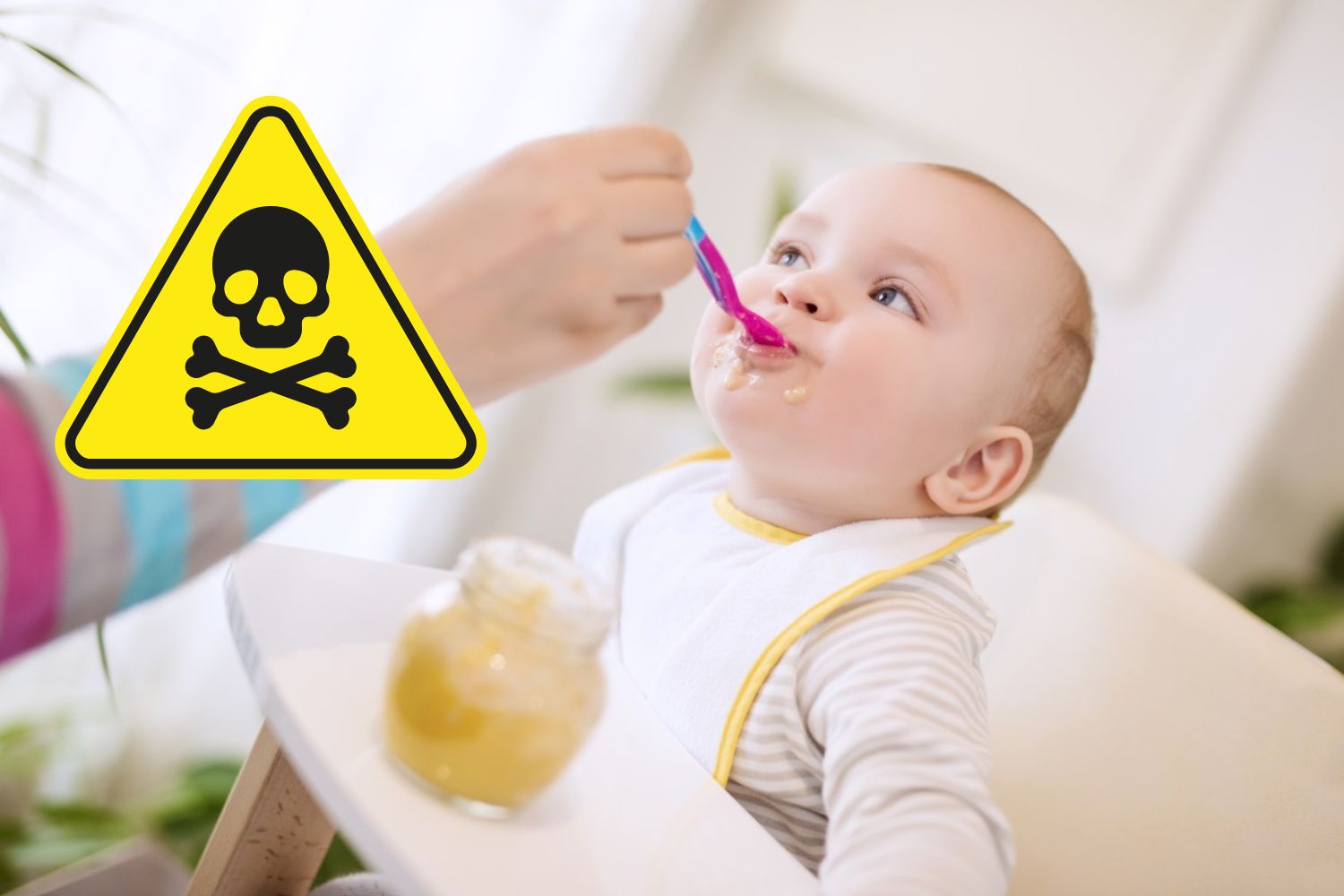In the United States there is a serious problem with the regulation of baby food, which has repeatedly been found to be contaminated with heavy metals or dangerous bacteria. The authorities have not yet taken a clear position and producers do not seem to want to take adequate preventive measures

All food has to be safe and contaminant-free, but especially so when it comes to baby food, since babies are particularly vulnerable to toxic agents such as heavy metals, pesticides, and other toxins. But the U.S. has a serious issue here due to inherent flaws in the regulatory system.
In the last few years, a number of tests and studies have identified shocking levels of heavy metals like lead, arsenic, and cadmium in certain baby foods, as well as Cronobacter sakazakii contamination, a potentially lethal bacterium for infants.
Despite the efforts of the Food and Drug Administration (FDA) to regulate some of these contaminants, they are voluntary and only apply to some products. In the meantime, the food industry has responded inadequately, often only doing so after scandals have surfaced or public outcry.
Weak regulations and voluntary standards
In January 2025, the FDA issued maximum levels of lead in certain baby foods, like fruit purees and dry cereals. However, as mentioned earlier, the guidelines are not obligatory and encompass all products—e.g., cereal-based snacks and infant formula are exempted. This lack of regulations has evoked broad criticism from scientists and consumer associations, who urge stronger and obligatory measures to protect children’s health.
And what are they doing in the meantime? It is only when scandals break, or public opinion forces them to, that manufacturers move to implement more stringent safety standards. The 2022 Abbott baby formula recall is a prime example of how lack of supervision can have tragic results.
“Avoiding ‘Regulatory Collusion’: Reflections on Risk, Regulation and Infant Formula”
“Abbott’s Infant Formula Recall: A Wake-Up Call”
Abbott Nutrition voluntarily recalled three infant formula brands—Similac, Alimentum, and EleCare—in February 2022, manufactured at its Sturgis, Michigan, facility. This came after complaints of four infants being diagnosed with bacterial infections, Cronobacter sakazakii and Salmonella Newport, which were believed to be due to these products. Cronobacter infection has been found to cause sepsis and meningitis in newborn babies, which is life-threatening.
Following the reports, the FDA ordered the plant to shut down to investigate the contamination, contributing to an already existing infant formula shortage in the U.S., forcing many families to make a difficult choice. Even after the investigation, Abbott claimed that no definitive evidence linked its formulas to the reported infections.
Lack of transparency worsens the crisis
Besides regulatory failure, another key aspect of the crisis in America is the lack of transparency on the part of manufacturers of baby foods. Most do not state openly where their ingredients come from and whether there are contaminants in their products. This erodes trust among consumers and deprives parents of making well-informed choices about the welfare of their children.
To improve matters, there has to be a paradigm shift: companies must adopt greater safety standards, not just to comply with minimum requirements but to really offer protection for the health of infants. Simultaneously, the FDA must step up regulation and make the presently voluntary guidelines mandatory.
